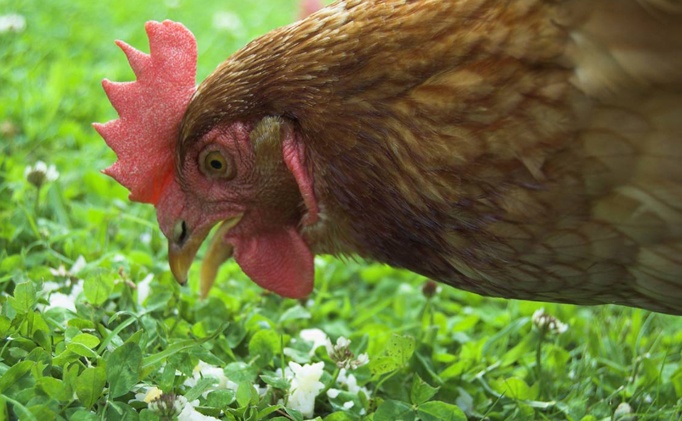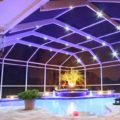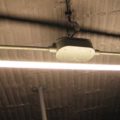With record numbers of people now keeping chickens, there is an increasing need for energy efficient hen houses. And of course, this is where LED light bulbs can help.
Until a few years ago, keeping chickens for eggs was the province of commercial producers, farmers and smallholders. The increasing concerns about welfare and food security has resulted in a huge growth of domestic egg production. Even those with small gardens are discovering the joys of keeping chickens and the gastronomic delights of newly laid eggs.
Chickens, like many humans, aren’t too keen on the darker days of winter. As the days shorten, egg production will slow down or come to a stop entirely. In the meantime, the chickens still have to be fed and looked after, and you have to resort to buying eggs. Using artificial light helps ensure your hens continue to lay through the winter months, and what better source of light than LED light bulbs?
It’s not enough to just switch on the lights now and again in the hen house. You’ll need to do your homework to find out how much light the chickens will need and for how many hours a day. Once you’ve done that, it’s time to think about how LED light bulbs can help.
If you’re building a hen house and have a source of electricity nearby, you can power your lights from the mains. However, if your chicken house is at the end of the garden, this might not be feasible. In this case, consider solar power to light your hen house. Combined with LED light bulbs and a timer system, you’ll be able give your birds as much light as they need to continue laying throughout the winter months. Because LED light bulbs draw less power than other types of lighting, the electricity you generate will go further and cause less drain on your batteries.
If you’re not yet a chicken keeper, but are thinking about ‘growing your own’ eggs, don’t forget the British Hen Welfare Trust regularly needs people to re-home ex-battery hens.
So the next time someone asks the question … ‘Why did the chicken cross the road?’, you’ll know the answer … to get some LED light bulbs, of course!
Date: December 16, 2011
Tags: led leds Lighting
Using artificial light helps ensure your hens continue to lay through the winter months, and what better source of light than LED light bulbs?




